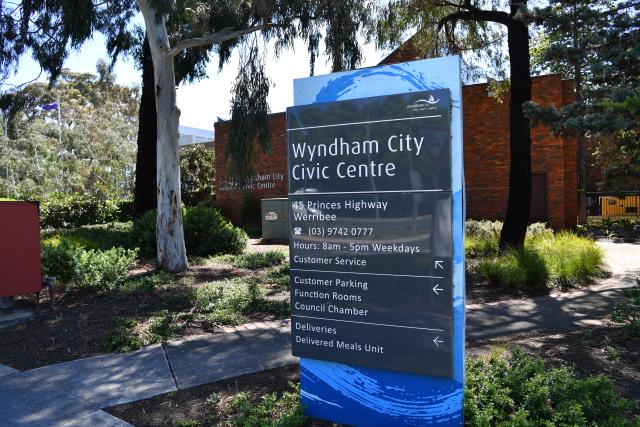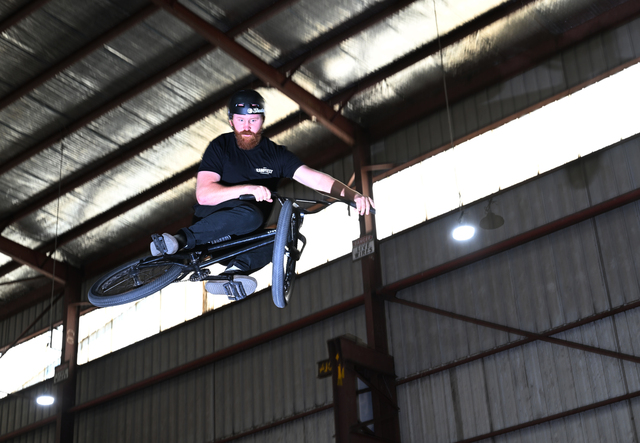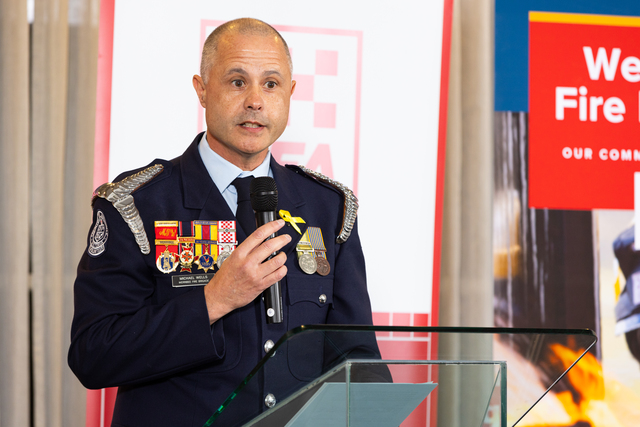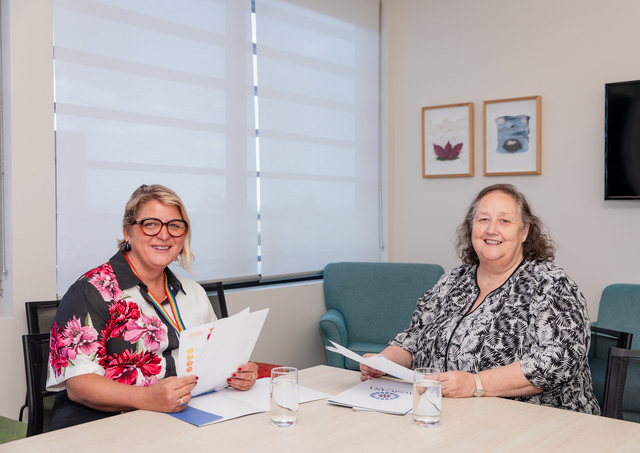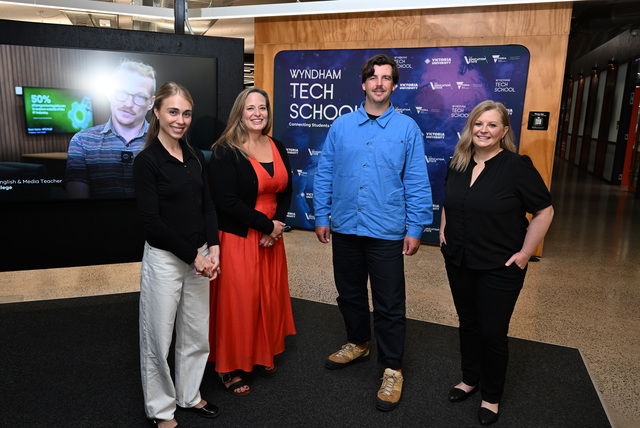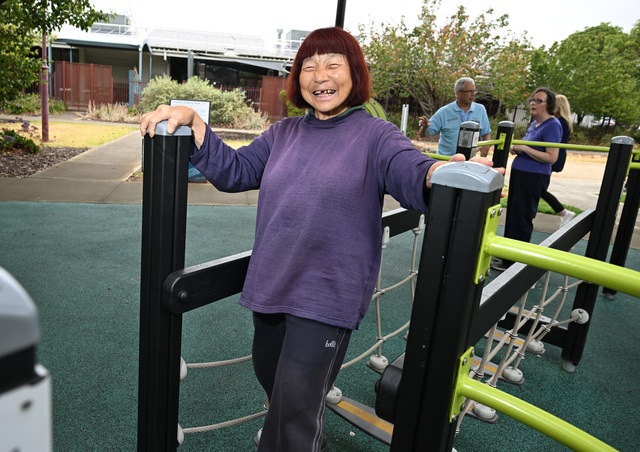A new report has called for a youth refuge to be funded in Wyndham “as a matter of urgency” to help young homeless who are “falling through the gaps”.
The WEstJustice report – which included input from Wyndham council, police, schools, government departments and support services – said family violence and conflict, migration challenges, poverty, unemployment and inadequate social security provisions often led to young people couch surfing (staying with friends, relatives or strangers in temporary situations for a short time before moving on).
The report’s researchers spoke to 62 youths, including single mothers and refugees, who came into contact with the WEstJustice Couch Surfing Clinic, which provides support to couch surfers under 25 in the west.
Those interviewed for the report were aged 14 to 24, with some finding their “couch provider” at train stations, shopping centres and on the street.
The report stated that sexual abuse of couch surfers was common, and the clinic had heard “several stories of young women trading sex for a safe place to sleep”.
There were also cases where drug dealers invited young couch surfers to live with them, watch over their crop and sell drugs to their younger friends.
The report stated that staying at school was hard for couch surfers, who battled constant illnesses, poor mental health and often could not afford basics such as uniforms and books.
The report called on the state government to fund a youth refuge in Wyndham, much like Hope Street Family Services in Melton, to assist young people in crisis with supported housing or independent living.
It also called for the number of homelessness workers in the west to be increased.
The report’s author, WEstJustice’s policy and community development director Shorna Moore, said young couch surfers were expected to contact homeless support services themselves, but many did not even realise they were homeless.
A former couch-surfer – Rhys, 23 – agreed.
Rhys said although he was technically homeless at the time, he did not realise it and did not know there was support services available. Rhys spent four years couch surfing, mostly in Wyndham, due to family conflict.
“It was just scary and being in fear and it was not ideal,” he said.
“Lots of weeks I had to choose between whether I would eat or travel, and I always chose travel.”
Rhys said he dropped out of school halfway through year 12 because of the pressure, but later completed his studies. He is now employed full-time and living in stable accommodation.
The state government was contacted for comment.



